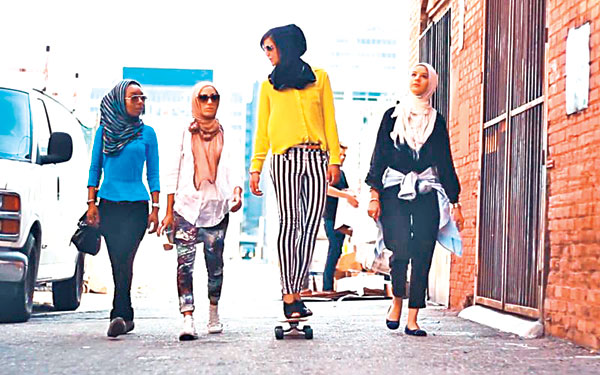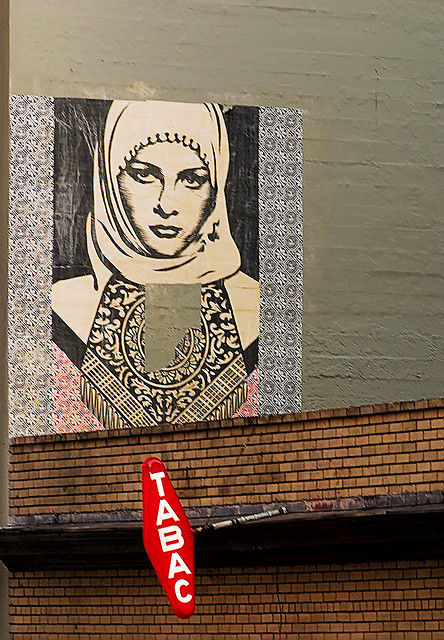Drinking, dating and hijabs: The perils of college life for Muslim women
I climbed out of the car and heard the raucous laughter and booming music spilling out of the open windows and doors of the house party. My Christian and Jewish friends and I were welcomed as the innocent, new freshmen on campus. Red cups full of beer were passed around; I shook my head when one came my way. The guy holding it glanced at me with hazy eyes. “What?! No beer?” he said incredulously. “No, not for me!” I yelled back at him over the music. He shook his head dumbfounded and moved on to a more willing participant.
Read More


